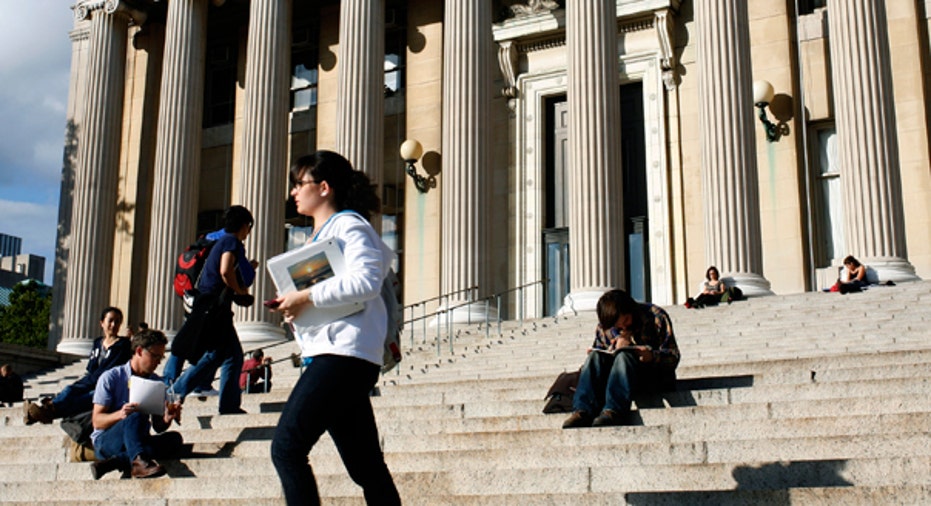Should I Refinance Home to Fund Kids' 529 Plan?

Dear Dr. Don,
We have two sons who are three and five years away from starting college. We don't anticipate them being eligible for much financial aid. We've saved up enough to fund their education for about two years, and we're looking for a plan to cover the rest.
We may refinance our home to raise some extra money. We'd lock in a low interest rate and then use the cash and the savings from the lower monthly payment to max out their 529s. We'd invest the rest in a taxable account. Once they finish college, we could use any remaining funds to pay off the mortgage at an accelerated rate. Would this be better than taking out student loans when they get closer to college?
Thanks,
-- Jorge Junior
Dear Jorge, When helping to pay for college, a lot of parents find that it's cheaper to borrow against their home equity than to take out federal Direct Plus loans or private student loans.
However, I'm concerned about your plan. You may incur tax penalties when you take distributions from the 529 accounts to prepay your mortgage. Those accounts are meant to pay for higher education.
If you receive a state income tax deduction on your contributions to the 529 accounts, for example, the state may try to take some of that back. There's also a 10% penalty on your federal taxes. And state and federal income taxes are due on the investment earnings.
So, my basic advice is to not overfund the accounts.
Even if the boys aren't able to get aid in the form of grants or scholarships, they are eligible for the federal Direct student loan program. I like the idea of college students having some skin in the game. You can always decide later to help them with the loan payments.
They can't take out the loans before filling out a Free Application for Federal Student Aid, or FAFSA, and the interest rates are likely to be higher than the loan rate on your cash-out mortgage refinancing. The interest rates on federal Direct student loans vary by the type of loan. For the 2012-2013 academic year, a direct unsubsidized student loan carries a fixed rate of 6.8%. A Direct Plus loan is fixed at 7.9%. The interest expense on both a mortgage loan and a student loan may be tax-deductible, reducing the effective rate of the loan.
Get more news, money-saving tips and expert advice by signing up for a free Bankrate newsletter.
Bankrate's content, including the guidance of its advice-and-expert columns and this website, is intended only to assist you with financial decisions. The content is broad in scope and does not consider your personal financial situation. Bankrate recommends that you seek the advice of advisers who are fully aware of your individual circumstances before making any final decisions or implementing any financial strategy. Please remember that your use of this website is governed by Bankrate's Terms of Use.
Copyright 2013, Bankrate Inc.



















